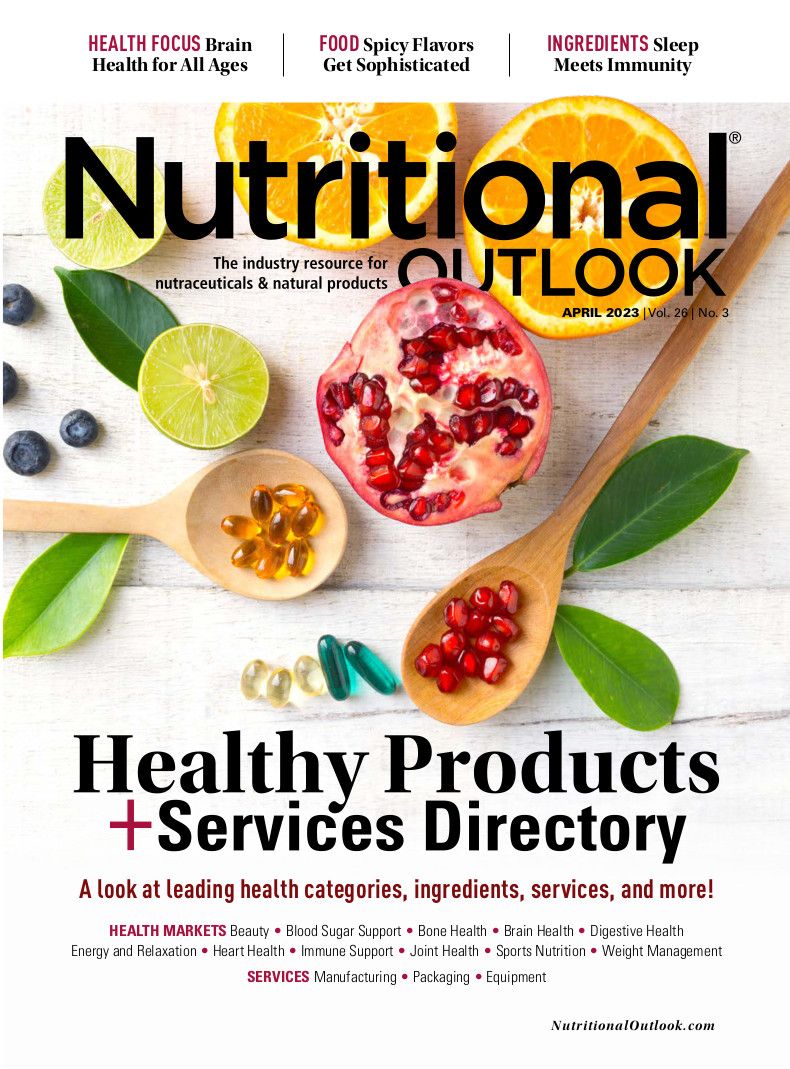Are blood sugar–management supplements going mainstream?
Blood sugar–management supplements are capitalizing on growing consumer demand.
© Tussik / Stock.adobe.com

The blood sugar supplements market has taken off in recent years, with ingredient options expanding to target multiple pathways and mainstream consumers becoming interested in this niche. Market analysts now view blood sugar to be its own market segment, and blood sugar supplement launches are on the rise.
With expanded consumer interest in blood sugar control has come a flurry of research activity into new ingredients and formulations, resulting in an expanded array of finished products for consumers to choose from. Here are some of the ways that blood sugar supplements are evolving to address consumer needs.
Product Blends and Unique Formats on the Rise
Emerging blood sugar–support products come in a variety of formats and formulations, giving consumers no shortage of options. Armando Triana, senior product manager and product specialist at wellness company Megalabs USA, says that while products designed to increase blood sugar are typically formulated as powders or tablets, blood sugar–control supplements are much more varied.
“Supplements designed to help regulate sugar metabolism are quite varied, ranging from minerals like chromium and magnesium to plant-based ingredients like cinnamon and bitter melon,” Triana explains. “However, single-ingredient and duo-ingredient supplements for blood sugar management have seen relatively flat, or even declining, sales over the past few years. In contrast, specialized supplements that combine vitamins and minerals with herbal ingredients have seen significant growth.”
These blended products may have synergistic effects that can help to control blood sugar, Triana says. Nutritional shakes, in particular, are popular in this market because they also offer other nutrients like protein, vitamins, and fiber.
Herbal Ingredients Emerge to Challenge Minerals
While many of the past blood sugar supplements have been mineral-based, new products are incorporating a wide array of herbal ingredients that offer other benefits in addition to blood sugar regulation. Irfan Qureshi, ND, vice president of product development, research, and quality assurance at wellness brand Healthy Directions, says that while chromium continues to be a stalwart in the space, newer herbal ingredients like citrus bergamot and ashwagandha are demonstrating efficacy in managing blood sugar levels.
“Some of the more traditionally used ingredients include fenugreek, gymnema, and bitter melon,” Qureshi notes. “Several probiotic strains have also shown beneficial effects on aspects of blood sugar.”
While capsules and tablets continue to dominate the blood sugar space, new delivery formats are starting to emerge, Qureshi says. Functional foods, in particular, are gaining steam, with nutritional bars and meal-replacement powders stepping in to provide consumers with more-convenient blood sugar–management options.
FDA Steps Up Scrutiny
In the U.S. market, one of the most significant challenges facing the blood sugar market is a much more aggressive FDA. Qureshi says FDA has increased its scrutiny of claims in the blood sugar–support space, and now Amazon is following suit.
“Navigating the claims arena and having adequate substantiation to support marketing statements will be a key to success,” Qureshi says. “Consumer demand is expected to be high for these products, and as long as demand is there, sales success will be as well. It will be a matter of finding ways to click with consumers in different sales channels while navigating the various regulatory challenges.”
Brands Must Be Ready for Wearables
Recent developments in wearable technology mean blood sugar supplement brands will face new challenges—and opportunities. The last few years have seen the rise of more user-friendly continuous glucose monitors, which are rapidly replacing traditional finger-prick monitors, points out Matevž Ambrožič, marketing and PR director at private-label food supplements manufacturer PharmaLinea (Slovenia). As a result, a wider population is more interested in monitoring their blood sugar levels.
“Apple and Samsung are competing to be the first to introduce noninvasive monitoring technology into wearable devices,” Ambrožič says. “These technological advances will greatly transform consumers’ relationship with food and will accelerate the development of the blood sugar supplement market.”
Consumers’ ability to monitor their blood sugar in real time means there will be more pressure on companies to deliver on their promises, Ambrožič says. Brands with clinically substantiated, premium products will have a promising market opportunity.
Blood Sugar Ingredients Ready to Soar
The blood sugar ingredients market is rapidly expanding in response to consumer demand for products that can naturally control glucose concentrations. With new wearable technology making it convenient for consumers to monitor their blood sugar in real time, demand for clinically proven ingredients will only grow. Moreover, FDA is paying increased attention to this space, raising the stakes for brands that can’t create effective products. Capitalizing on growing consumer interest in blood sugar supplements will mean formulating effective products that consumers can see—and feel—working in real time.

Kaneka Nutrients to unveil new consumer research on menopausal women at Vitafoods Europe 2024
April 26th 2024The company will reveal the results of the research that is based on live feedback from 200 menopausal women who took 200 mg per day of Kaneka Ubiquinol over two-months, monitored the effects, and recorded their observations.
Rousselot to showcase new collagen peptide research and targeted solutions at Vitafoods Europe 2024
April 25th 2024The company will be highlighting new research that demonstrates the ability of its Peptan collagen peptide brand to support sleep quality, reduce gastrointestinal discomfort, and enhance skin health, including density, hydration, and elasticity.